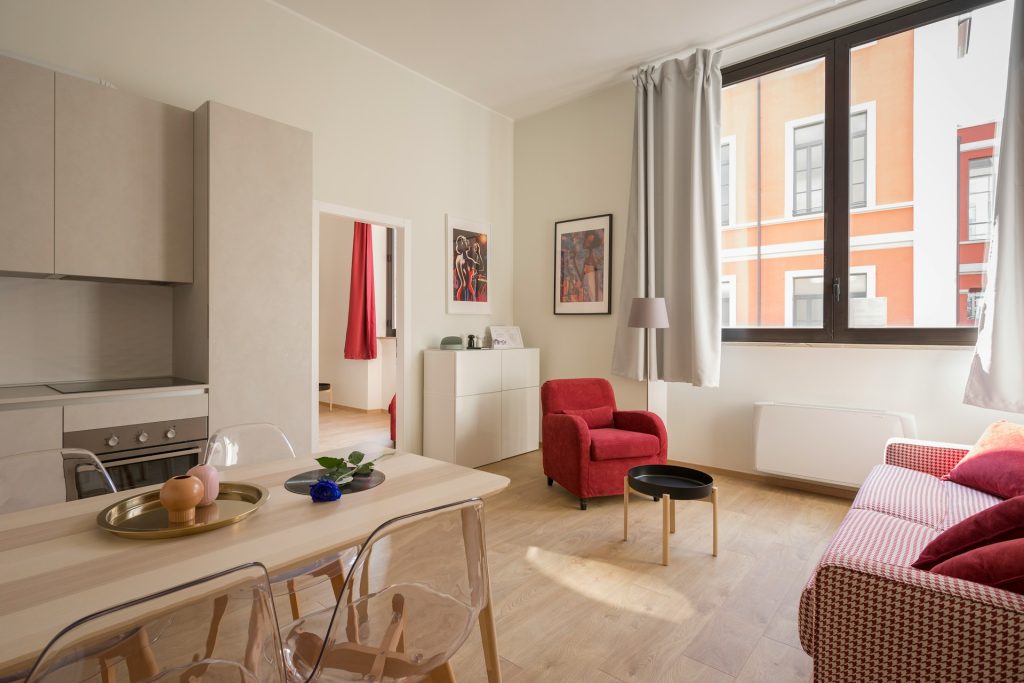Running a successful Airbnb isn’t just about offering a beautiful space or exceptional amenities; it’s also about setting clear expectations for your guests. Establishing house rules is one of the most important steps you can take as a host to ensure smooth interactions, protect your property, and provide a pleasant experience for everyone involved. With the right rules in place, you can prevent misunderstandings and foster mutual respect between you and your guests.
This guide delves into why clear rules are essential for hosting on Airbnb, how to craft them effectively, and how to communicate them to your guests without sounding overbearing.
Table of Contents
ToggleThe Importance of Clear Airbnb Rules
When guests book an Airbnb, they’re stepping into a unique environment—your home. Unlike hotels, Airbnbs often come with personal touches, quirks, and boundaries. Clear rules provide a framework that helps guests understand your expectations and minimizes the potential for conflicts.
Protecting Your Property
Your home is likely one of your most valuable assets, and rules are your first line of defense. From restrictions on smoking and parties to guidelines for handling delicate furnishings, rules help safeguard your property from accidental (or intentional) damage.
Ensuring Mutual Respect
House rules also establish mutual respect. They let guests know what behavior is expected, helping you avoid awkward conversations or uncomfortable situations. For instance, rules about noise levels or the use of shared spaces can prevent friction with neighbors.
Creating a Positive Guest Experience
Contrary to popular belief, rules don’t stifle a guest’s enjoyment—they enhance it. Clear guidelines ensure guests know how to navigate your home confidently, whether it’s understanding check-out procedures or operating the coffee machine. This clarity contributes to a stress-free stay and often leads to glowing reviews.
Crafting Effective Airbnb House Rules
Creating house rules that are both clear and reasonable is an art. They should strike a balance between protecting your interests as a host and accommodating the needs of your guests.
1. Be Specific, Not Vague
Ambiguity can lead to misunderstandings. For instance, instead of saying, “No loud noise,” specify the quiet hours: “Please keep noise to a minimum between 10 PM and 7 AM to respect our neighbors.”
2. Focus on What Matters
Avoid overwhelming your guests with an exhaustive list of rules. Prioritize the rules that are most important for your property, such as safety measures, cleanliness expectations, and prohibited activities like smoking or hosting parties.
3. Use Positive Language
Framing your rules positively can make them more palatable. For example, instead of “Don’t leave a mess,” say, “Please tidy up after using the kitchen to keep the space enjoyable for everyone.”
4. Address Common Scenarios
Think about the situations that are most likely to arise during a guest’s stay. Address topics like:
- Parking availability and restrictions
- Wi-Fi usage policies
- Guidelines for pets (if allowed)
- Check-in and check-out times
By anticipating guest questions and behaviors, you can craft rules that preemptively address potential issues.
5. Keep Them Visible
Your house rules should be easy for guests to find. Include them in your Airbnb listing under the “House Rules” section, reiterate key points in your welcome message, and display a printed copy in a visible area of your property.
How to Communicate Rules Without Sounding Overbearing
The way you present your rules can significantly impact how guests perceive them. Even the strictest rules can feel reasonable when communicated thoughtfully.
1. Frame Rules as Guidelines for a Great Stay
Instead of presenting rules as demands, position them as helpful guidelines designed to enhance the guest’s experience. For example, you might say, “Our quiet hours help ensure everyone has a peaceful night’s sleep.”
2. Explain the “Why” Behind Key Rules
Providing context for certain rules can foster understanding and compliance. For instance, “Please refrain from smoking indoors to maintain a clean and allergen-free environment for all guests.”
3. Be Approachable
Encourage guests to reach out if they have questions or concerns about the rules. A simple phrase like, “If you have any questions, feel free to ask,” can make you seem more approachable and understanding.
Airbnb Management Melbourne service can help you grow your Airbnb. Get in touch to learn more.

Examples of Airbnb Rules for a Smooth Hosting Experience
While every property is unique, there are some common rules that can benefit most Airbnb hosts. Here’s a breakdown of essential rule categories and examples:
Noise and Quiet Hours
Noise-related conflicts are one of the most common complaints among hosts, guests, and neighbors. Establishing quiet hours can prevent issues. For example:
“Please keep noise levels down between 10 PM and 7 AM to respect our neighbors and other guests.”
Cleanliness and Maintenance
Encourage guests to leave the space as they found it. For example:
“Please wash dishes after use and dispose of trash in the designated bins.”
Safety Guidelines
Safety rules protect both your property and your guests. For example:
“Do not use the fireplace without supervision, and please ensure it is completely extinguished before leaving.”
Guest Limits and Extra Visitors
Clarify who is allowed on the property. For example:
“The booking is for registered guests only. No unregistered visitors are permitted without prior approval.”
Enforcing Your Airbnb Rules
While most guests are respectful, there may be rare occasions when rules are broken. Handling such situations with professionalism and fairness is key.
1. Document Incidents
If a guest violates a rule, document the incident with photos or written notes. This documentation is essential if you need to report the issue to Airbnb.
2. Communicate Calmly
Address the situation calmly and politely. For instance, “I noticed the quiet hours weren’t observed last night. Please keep noise levels down moving forward to ensure everyone has a pleasant experience.”
3. Escalate When Necessary
If a guest continues to disregard the rules, you can escalate the issue to Airbnb. The platform’s support team can mediate conflicts and take appropriate action.
Establishing clear rules for your Airbnb is one of the most effective ways to ensure a smooth hosting experience. By crafting thoughtful, well-communicated guidelines, you set the stage for positive interactions, glowing reviews, and a hassle-free hosting journey.
Learn more about Airbnb Policies to stay informed.
FAQ Section
What are essential rules every Airbnb should have?
Essential rules include quiet hours, cleanliness expectations, safety guidelines, guest limits, and policies on smoking or pets.
How do I include house rules in my Airbnb listing?
You can add house rules under the “House Rules” section of your Airbnb listing, making them visible to potential guests before booking.
Can I enforce rules during a guest’s stay?
Yes, politely remind guests of the rules if needed. If issues persist, contact Airbnb support for assistance in resolving the matter.
What should I do if a guest breaks a rule?
Document the violation, address it calmly with the guest, and report it to Airbnb if necessary for resolution or compensation.
Can I update my house rules after a booking?
Yes, but changes only apply to future bookings. Inform current guests of any critical updates for clarity and goodwill.
